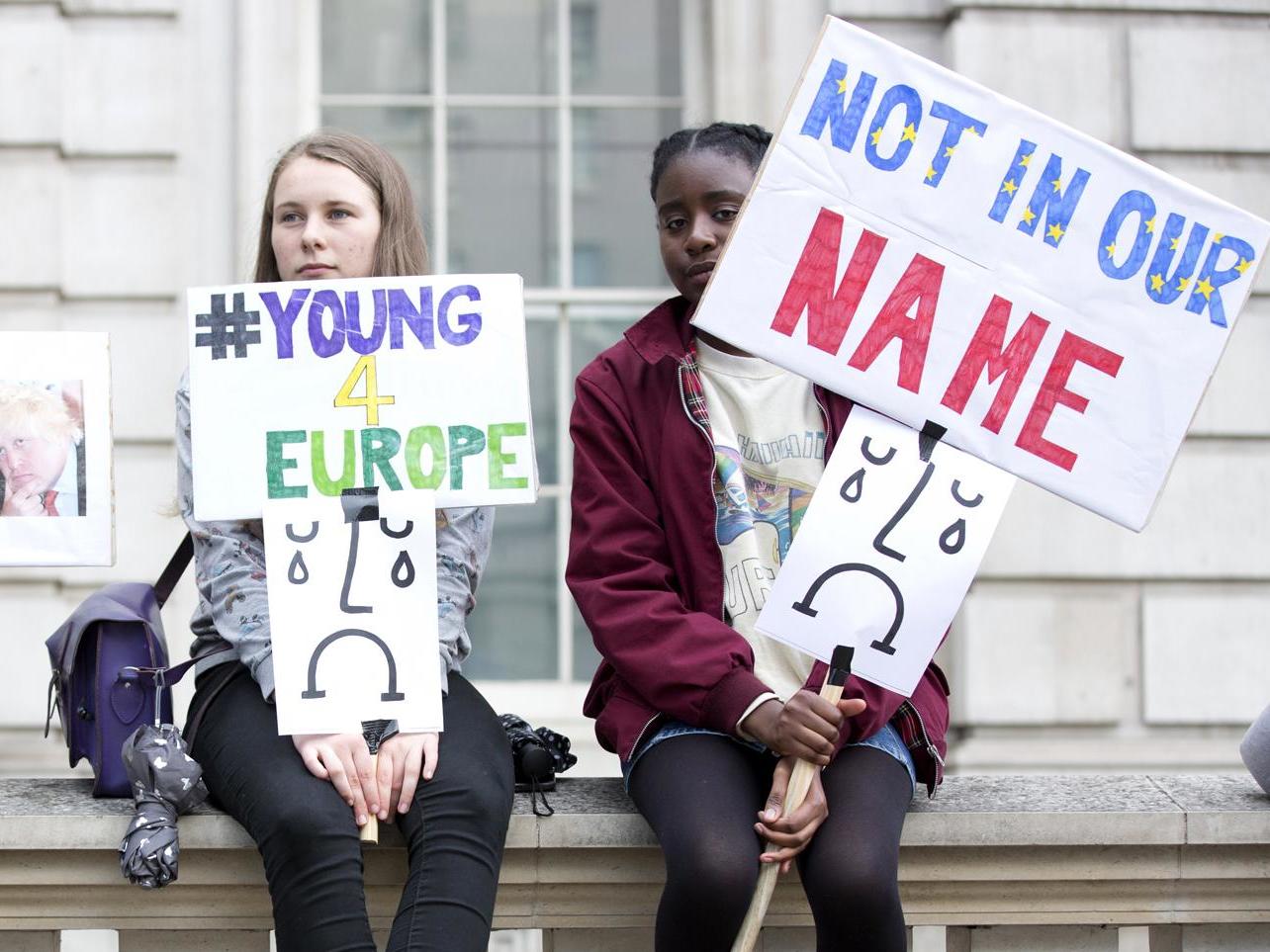Brexit: Antidepressant prescriptions increased in wake of EU referendum vote, study shows
All prescription medications studied had been rising year on year but suddenly went into decline in 2016, with the exception of antidepressants

Your support helps us to tell the story
From reproductive rights to climate change to Big Tech, The Independent is on the ground when the story is developing. Whether it's investigating the financials of Elon Musk's pro-Trump PAC or producing our latest documentary, 'The A Word', which shines a light on the American women fighting for reproductive rights, we know how important it is to parse out the facts from the messaging.
At such a critical moment in US history, we need reporters on the ground. Your donation allows us to keep sending journalists to speak to both sides of the story.
The Independent is trusted by Americans across the entire political spectrum. And unlike many other quality news outlets, we choose not to lock Americans out of our reporting and analysis with paywalls. We believe quality journalism should be available to everyone, paid for by those who can afford it.
Your support makes all the difference.Antidepressant prescribing in England rose after the UK voted to quit the European Union, in stark contrast to widespread decreases in the prescribing of other medicines, a study suggests.
The researchers from King’s College London (KCL) said more should be done to bolster mental health services in the wake of major national events, such as elections and financial crises.
When they looked at this effect in the wake of the June 2016 referendum, they found that antidepressant use continued to rise in the wake of the result, but at a slower rate. However, prescribing for other types of drugs, which had also been increasing every year, suddenly began to drop, although the reasons why are not clear.
“The study is open to interpretation,” said Dr Sotiris Vandoros, the study’s lead author. “On one hand the increases in antidepressant prescribing year on year are slowing down [in 2016]. But if you look at the control group medications, which were also increasing year on year, in 2016 they started decreasing.”
While he said this study cannot give a reason for the trend, they couldn’t find evidence of any change in prescription guidelines that could explain the effect and suggest it is due to increased uncertainty.
“There was a lot going on in the news with Brexit, a lot of uncertainty, a lot of debate. So it could have been people were too distracted to fill prescriptions which drove decreases in the other classes,” Dr Vandoros added.
“While the same effect would hold for antidepressants as well, it could have been outweighed by increasing numbers seeking support for mental health. But we can’t be sure.”
Other experts, not involved with the study said the findings should be treated with “great caution” though they added the call to increase funding for mental health should be taken seriously.
Using GP practice prescribing data, Dr Vandoros and his fellow authors from KCL and Harvard University in the US compiled the number of doses per capita every month in each of the 326 voting areas in England between 2011-2016.
They compared antidepressant prescriptions to prescriptions for iron and anti-gout drugs – chosen because they were “unlikely to be associated with uncertainty and depression”.
The results, published in the Journal of Epidemiology and Community Health, found antidepressant prescribing continued to increase after the referendum but at a slower pace than noticed in previous years.
But compared to prescriptions of the other drugs studied, there was a relative increase of 13.4 per cent in antidepressants.
While this growth could be attributed to increased uncertainty for some “but it does not rule out a possible improvement in mood for others”.
“There are alternative possible explanations, and we cannot be sure that this relative increase in antidepressants is due to the referendum result,” the study notes.
Meanwhile, effects were not different between areas which largely voted to leave or remain in the EU.
Allan Young, professor of mood disorders at the Institute of Psychiatry Psychology & Neuroscience, King’s College London, said: “Whilst these findings are interesting and eye catching they should be treated with great caution.”
Antidepressants are also used to treat anxiety disorders and he said it was ”credible” that people were “more anxious because of recent uncertainty in society”.
“[However], antidepressant prescriptions have risen in England consistently over recent years and these data may simply reflect that rather than one single event.”
Join our commenting forum
Join thought-provoking conversations, follow other Independent readers and see their replies
Comments